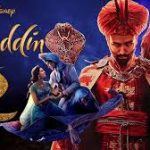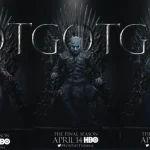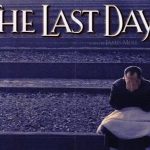“Black Panther 2018”
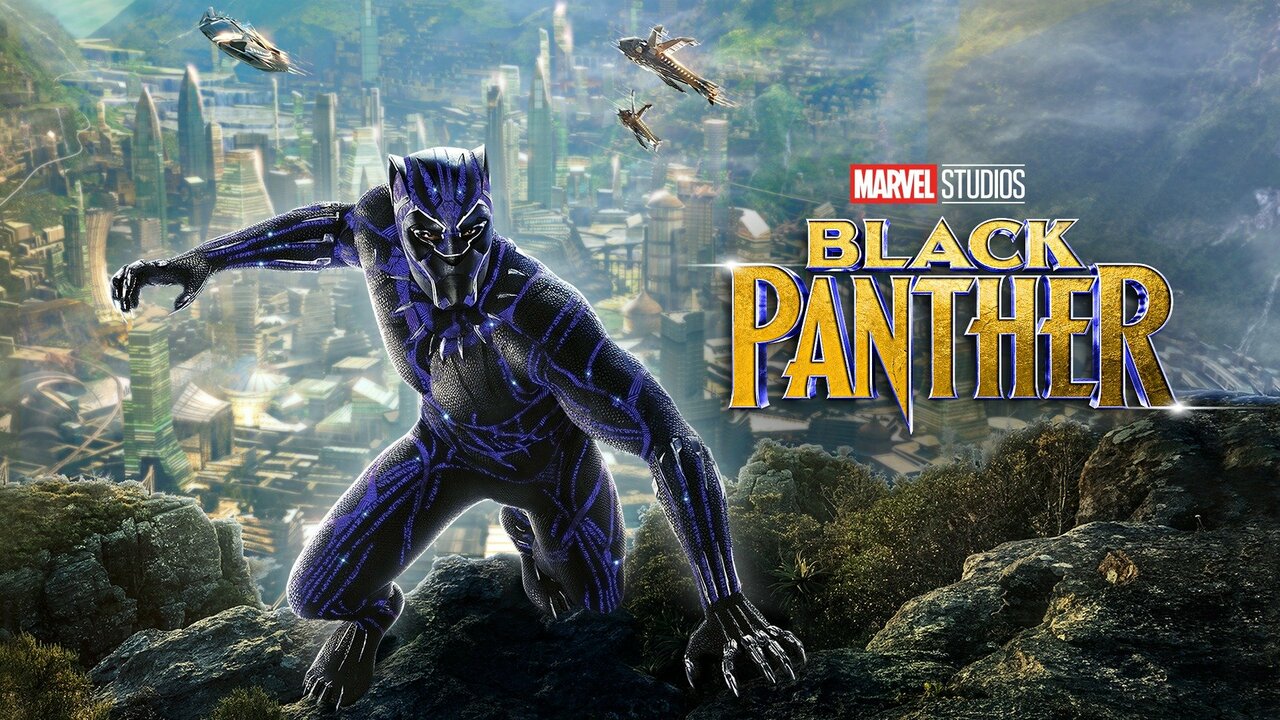
“Black Panther” (2018) is a groundbreaking superhero film directed by Ryan Coogler and produced by Marvel Studios. It is the 18th film in the Marvel Cinematic Universe (MCU) and follows T’Challa (Chadwick Boseman), who ascends to the throne of Wakanda, a technologically advanced and secretive African nation. The film received widespread critical acclaim for its cultural impact, stunning visuals, complex characters, and powerful themes, making it one of the most significant films of its time.
Plot Summary
The story begins shortly after the events of Captain America: Civil War (2016), where T’Challa’s father, T’Chaka, the King of Wakanda, was killed in an attack. T’Challa returns home to Wakanda, where he is to be crowned as the new king. However, his coronation is interrupted when Ulysses Klaue (Andy Serkis), a black-market arms dealer, attempts to steal vibranium, a rare and powerful metal that Wakanda has kept hidden from the world. T’Challa, as Black Panther, embarks on a mission to stop Klaue, aided by his trusted allies, Okoye (Danai Gurira), the leader of the Dora Milaje, and his sister Shuri (Letitia Wright), a brilliant scientist.
In the midst of this mission, a new rival, Erik Killmonger (Michael B. Jordan), emerges, claiming to be the rightful heir to the throne of Wakanda. Killmonger has a personal vendetta against Wakanda’s leadership due to his childhood experiences and his belief that Wakanda should use its advanced technology to help oppressed people around the world. His challenge to T’Challa’s rule leads to a fierce battle for control of Wakanda, forcing T’Challa to confront not only his lineage and his responsibilities as king but also his nation’s isolationist policies.
The film explores themes of legacy, power, identity, and the conflict between tradition and progress. As T’Challa fights for the future of Wakanda and its place in the world, he learns valuable lessons about leadership, responsibility, and the need for unity.
Key Themes
- Identity and Legacy: The film explores T’Challa’s journey to define his role as a leader. He struggles with living up to the legacy of his father, T’Chaka, while also confronting the challenge of ruling in a rapidly changing world. This theme is also reflected in the conflict with Killmonger, who challenges the legitimacy of Wakanda’s isolationist policies.
- Cultural Pride and African Heritage: Black Panther is notable for its celebration of African culture, history, and heritage. The film’s depiction of Wakanda, an African nation that has never been colonized and is technologically advanced, offers an empowering and positive portrayal of Africa, highlighting themes of cultural pride and unity.
- The Role of Power and Responsibility: T’Challa’s evolution as king involves understanding the responsibilities that come with power. He must decide how to use Wakanda’s resources and technology to help the world, and the film explores the tension between keeping Wakanda’s power hidden versus using it for global justice.
- Social Justice and Inequality: Killmonger’s ideology revolves around addressing historical injustices, especially the oppression of Black people around the world. His desire for global revolution is rooted in anger over the failures of the world’s nations, including Wakanda, to intervene in the struggles of marginalized people. The film presents a nuanced take on activism, exploring the moral ambiguity of Killmonger’s methods while also showing the importance of addressing inequality.
- Family and Loyalty: The bond between family is a central theme, especially seen in the relationships between T’Challa and his late father, his mother Ramonda (Angela Bassett), and his sister Shuri. Additionally, T’Challa’s relationships with the members of the Dora Milaje and his friendship with M’Baku (Winston Duke) show the importance of loyalty and trust in times of crisis.
Character Development and Performances
- T’Challa / Black Panther (Chadwick Boseman): Chadwick Boseman’s portrayal of T’Challa is both regal and compassionate. T’Challa’s character is defined by his sense of duty to his people and his journey of self-discovery. Boseman brings depth to the role, making T’Challa a relatable hero who struggles with the weight of leadership and the moral questions surrounding his nation’s policies.
- Erik Killmonger (Michael B. Jordan): Michael B. Jordan delivers a standout performance as the film’s antagonist, Erik Killmonger. His character is one of the most complex villains in the MCU, as his motivations are rooted in pain, injustice, and a desire for change. Killmonger’s tragic backstory and desire for revolution are relatable, and Jordan’s performance adds layers of emotion and depth to the character, making him a fan-favorite villain.
- Shuri (Letitia Wright): Shuri, T’Challa’s brilliant sister, is one of the film’s most beloved characters. Letitia Wright’s portrayal brings humor, intelligence, and warmth to the role. Shuri’s ingenuity, particularly in her technological innovations, plays a key role in the story, and her relationship with T’Challa adds a dynamic sibling bond to the narrative.
- Okoye (Danai Gurira): As the fierce and loyal leader of the Dora Milaje, Okoye is one of the most prominent and empowering female characters in the film. Danai Gurira delivers a commanding performance, portraying Okoye’s strength, loyalty, and devotion to her country. Okoye’s fierce protectiveness of Wakanda and her moral dilemmas throughout the film add emotional depth to the story.
- Nakia (Lupita Nyong’o): Nakia, a Wakandan spy and T’Challa’s love interest, is portrayed by Lupita Nyong’o as a strong, independent woman with her own ideals. She challenges T’Challa’s views and encourages him to look beyond the borders of Wakanda. Nyong’o brings grace and conviction to the character, who plays a pivotal role in T’Challa’s development as king.
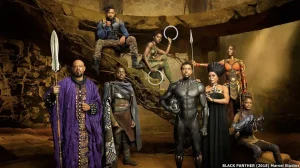
Cinematography and Visual Effects
The film’s visual design is one of its most striking features. The vibrant and futuristic city of Wakanda is realized through a combination of stunning CGI and practical effects. The visual effects team created breathtaking landscapes, including the city’s high-tech infrastructure and the heart-shaped herb that grants the Black Panther his powers.
The film’s costume design, led by Ruth E. Carter, also garnered widespread acclaim. The intricate, culturally inspired costumes reflect the diversity and richness of African cultures, making Wakanda feel like a real, lived-in world. The costumes, especially for characters like Black Panther, Killmonger, and the Dora Milaje, blend tradition and technology in visually stunning ways.
Reception and Legacy
Black Panther was a massive critical and commercial success, grossing over $1.3 billion worldwide. It was the first superhero film to be nominated for Best Picture at the Academy Awards and won three Oscars: Best Costume Design, Best Original Score, and Best Production Design.
Critics and audiences praised the film for its cultural significance, diverse cast, empowering themes, and strong performances, particularly by Chadwick Boseman and Michael B. Jordan. It became a cultural phenomenon, inspiring conversations about representation, African heritage, and the power of storytelling in the superhero genre.
The film’s success also led to the development of sequels and spin-offs, and it remains one of the most influential films in the MCU, having a profound impact on both the superhero genre and mainstream Hollywood.
Cast and Crew
- Director: Ryan Coogler
- Writers: Ryan Coogler, Joe Robert Cole (screenplay), based on the Marvel Comics character created by Stan Lee and Jack Kirby
- Cast:
- Chadwick Boseman as T’Challa / Black Panther
- Michael B. Jordan as Erik Killmonger
- Lupita Nyong’o as Nakia
- Danai Gurira as Okoye
- Letitia Wright as Shuri
- Winston Duke as M’Baku
- Angela Bassett as Ramonda
- Forest Whitaker as Zuri
- Andy Serkis as Ulysses Klaue
- Martin Freeman as Everett K. Ross
- Sterling K. Brown as N’Jobu
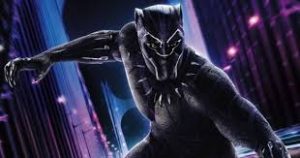
Fun Facts
- Chadwick Boseman’s Legacy: Chadwick Boseman’s portrayal of T’Challa / Black Panther became a cultural icon. His commitment to representing African culture and his work with his castmates helped elevate the film to something much greater than just a superhero story. Sadly, Boseman passed away in 2020, leaving behind a lasting legacy in the Black Panther character and the cultural impact of the film.
- Cultural Research: Director Ryan Coogler and the filmmakers undertook extensive research into African cultures to accurately depict the fictional nation of Wakanda. They consulted with historians, cultural experts, and designers to ensure authenticity in the film’s representation of African traditions and languages.
Conclusion
Black Panther is a groundbreaking film that revolutionized the superhero genre. With its rich cultural themes, exceptional performances, and visually stunning world-building, the film stands as a monumental achievement in cinema. It elevated the superhero genre to new heights by addressing important social issues, empowering marginalized communities, and providing a platform for diverse storytelling. Black Panther is not just a superhero film; it’s a cultural phenomenon that continues to resonate with audiences worldwide.

